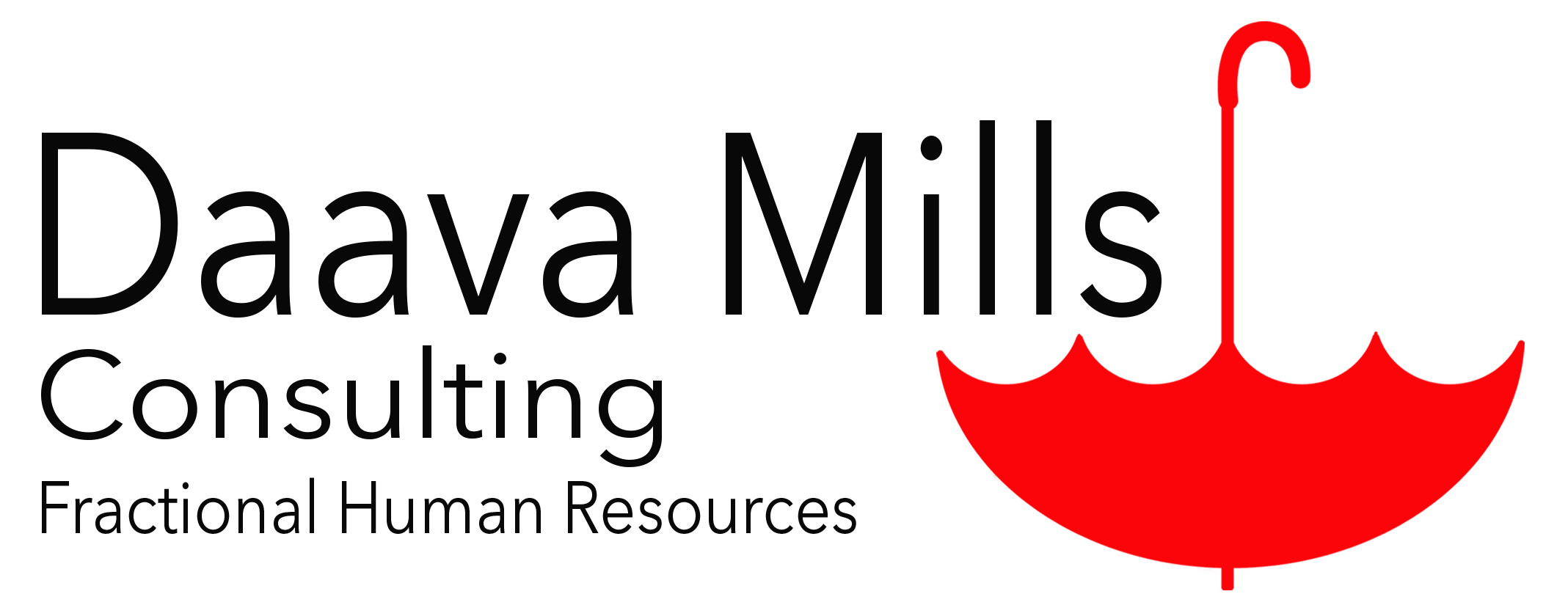#TerribleTuesday - Getting Beyond "Clever"
“If you were a tool in a tool box, what tool would you be?”
Oh man, I saw this one in a forum recently, and I cringed. Terrible interview questions were being suggested as great interview questions all over this particular string. I call this type of question the “Clever Question,” because the person being asked needs to come up with a clever response, then defend their position. Then the interviewer sprinkles fairy dust all over the answer, and it somehow determines the candidate’s skill sets.
Personally, I think there is a big problem asking a person to liken themselves to a tool. You are asking a person to boil their personality down to that of an inanimate object, that costs money, can break, can be thrown away, and replaced. But I digress.
Bright candidates will answer with things like “A Swiss Army Knife” which will light up the interviewer because they are stressing how versatile they are. Or are they? Do you really need an employee that likens themselves to a teensy tool that has a screw driver, blade, and wine screw on it? And going back to the strategies listed in “Who” by Geoffrey Smart, most companies really need specialists, not generalists.
What if they liken themselves to a hammer? And what if the interviewer doesn’t ask any follow-up questions. There is a boat load of assumptions that could be made about a person forcing their will on people based on a hammer response. When in reality, my contractor husband would point out how versatile a hammer could be, and it has no moving parts.
So what’s the alternative? Learn about their skills. Ask the person “What is the most valuable strategy in your arsenal?” Maybe it’s a thought process they picked up, maybe it’s a software program, maybe it’s a kick-ass assistant they can delegate to, maybe it’s the ability to listen. Deep dive on their answer.
“Where did you learn about this strategy?”
“How long have you been working with it?”
“Have you modified the process in which you use it?”
“What measurable value did it bring to your work game?”
Let’s stop with the assumptions and quirky interview questions. Get to the root of the matter of what you need solved at work. Have a real conversation about the value they brought their last employer, how they did that, and what the results were. You’ll be hiring for proven results, not quick wit.
